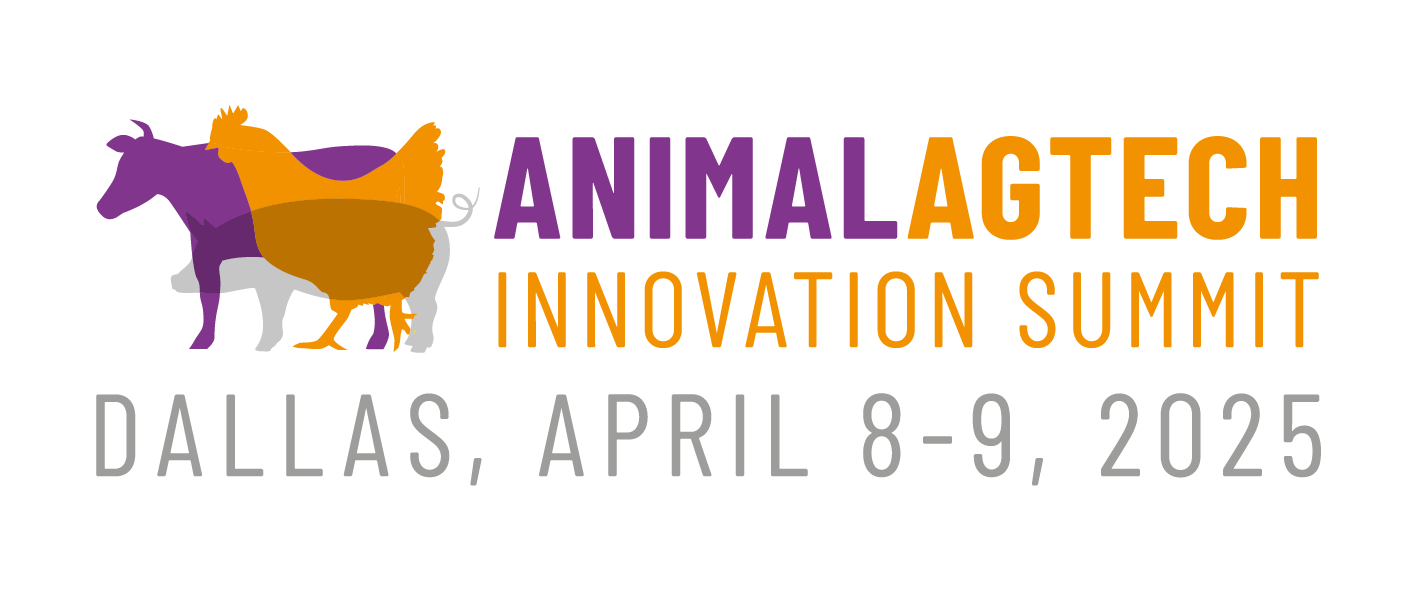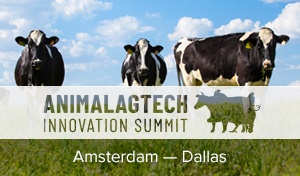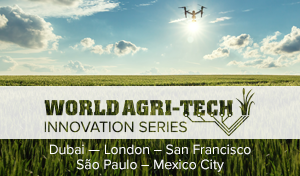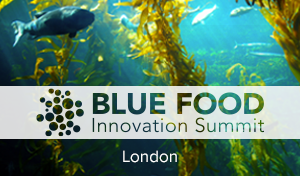Investor Insights: Advancing Opportunities in Animal AgTech

Investment in animal agtech is ready to take off, as financiers back exciting new technologies that offer breakthroughs for a more sustainable and efficient livestock ecosystem. The Animal AgTech Innovation Summit in San Francisco (March 16), will identify how investors can apply learnings from different industries as they enter the livestock space, delving into the biggest market opportunities with discussions led by Cultivian Sandbox Ventures, Mountain Group Partners and Nutreco.
Key Investment Lessons from Human Health, AgTech and Food-Tech Sectors
The animal agtech sector can learn a great deal from the disruptive innovation transforming agtech, food-tech and human health. Innovators must be proactive in educating and working with diverse consumer perceptions and values, if they are to achieve successful scale-ups.
Amanda Donohue-Hansen, Vice President at Cultivian Sandbox Ventures, says: “Consumers pay more attention and spend more money on food. Marketers spend billions of dollars seeking to grab consumers’ attention and influence their values. This is a tremendous opportunity for animal agtech innovators working with food manufacturers to capitalize on consumers’ interest (and dollars) to market the health, sustainability, and welfare attributes of their operations and products, ultimately generating more demand and value.”
Joost Matthijssen, Investment Director, Nutreco NuFrontiers at Nutreco adds a further industry perspective: “Animal agtech is a younger space in which technology has so far made less of a disruptive impact.

“One interesting pattern to track in the sector is the adoption of digital technology. Crop farming has advanced by 5-10 years with this adoption curve, with many lessons learned that can be applied to animal farming. One lesson we could implement is for farmers to have more control over their data. Another lesson is capturing value with a standalone digital product, which could be a challenge with the many ‘free’ services currently included in product sales, long sales cycles, as well as overall scalability. Our digital shrimp feeding equipment investment with Eruvaka has shown the potential value that digital can create in animal farming.”
Animal health is similar to human health with an ongoing focus on disease prevalence and health promotion through nutrition, rather than pure pharma. Joost clarifies: “In the animal space, this drives a convergence of animal health and nutrition products, including the emergence of feed additives edging towards the traditional veterinary sector. In human health, we’ll see more reliance on open innovation and de-risking methodologies like outsourcing discovery and driving rigorous portfolio management and licensing. This could drive convergence in terms of technologies and talent between human and animal health, and potentially crop protection.”
The synergies among human health, agtech and food-tech are a key reason for Mountain Group Partners to invest in the animal agtech space. Rob Readnour, Managing Director at the US investment firm notes that all three sectors are regulated industries for which the underlying science and technology are similar. “The livestock sector typically requires less investment and is often less risky overall. For us, animal agtech is a nice complement to the other areas that our fund focuses on.”

Investment Predictions
Venture investing is at an early stage in the animal agtech sector, notes Rob at Mountain Group Partners. “Publicly traded animal health companies are doing a good job of maturing the sector as the investment community is becoming more informed. As a result, we are seeing more animal health biotech companies being created. The investment community will follow once there are enough successful exits.”
Consumer confidence will also boost investor interest. Amanda adds: “We should heed the lessons from food-tech by collaborating with consumers to shape product development and marketing. We should also embrace the consumer interest as an opportunity to develop and commercialize new products that can grow the protein category.”
Animal Agtech Unicorns in 2020
Land-based aquaculture is one of the first movers according to Joost. “Atlantic Sapphire already has a market cap of over USD 1bn, with this valuation being hotly debated in the sector. In 2020, I would expect new players to emerge in this space to pursue growth and funding and in even more aggressive ways. At Nutreco, we share the optimistic view on the potential in this area and have recently made our first investment with Netherlands-based yellowtail producer Kingfish Zeeland.”
An estimated 20% of animals are lost to preventable diseases alone each year. In the past couple of years, over a quarter of pigs in Asia were lost to African Swine Fever. And between 2014 and 2015, an outbreak of avian influenza in poultry operations impacted an estimated 10% of US production, a tremendous loss of food and value in the supply chain.
Amanda believes that animal nutrition and management tools to prevent and manage the spread of diseases will be the unicorns of animal agtech, “For example, vision, smell, or sound sensors that can monitor, detect, and even begin to predict disease or mortality risks before they have time to inflict damage will have exceptional value in preventing food waste, improving food security, and ultimately benefiting human health.”
Rob highlights the pressure to reduce antibiotics while continuing to produce increasingly safe, affordable food should drive innovative alternatives. He says: “This can come in many forms but often involves either better tools to manage the disease progression or improved ways for the animal to fight diseases.”
Disruptors to Watch at Animal AgTech Innovation Summit
The summit will showcase 16 exciting international start-ups set to transform the livestock industry. Solutions include non-antibiotic treatment for bovine mastitis, genetically engineered phage technology, AI, machine vision, poultry barn robotics, and autonomous livestock monitoring.
Don’t miss the Investor Insights panel with CGC Ventures, Paine Schwartz Partners, Mountain Group Partners, Nutreco, Cultivian Sandbox Ventures and Visvires New Protein Capital. They will discuss ‘Scaling Animal AgTech to Commercial Viability – What Can We Learn from Adjacent Industries?’ at 5.15pm on March 16.

 CLOSE
CLOSE







